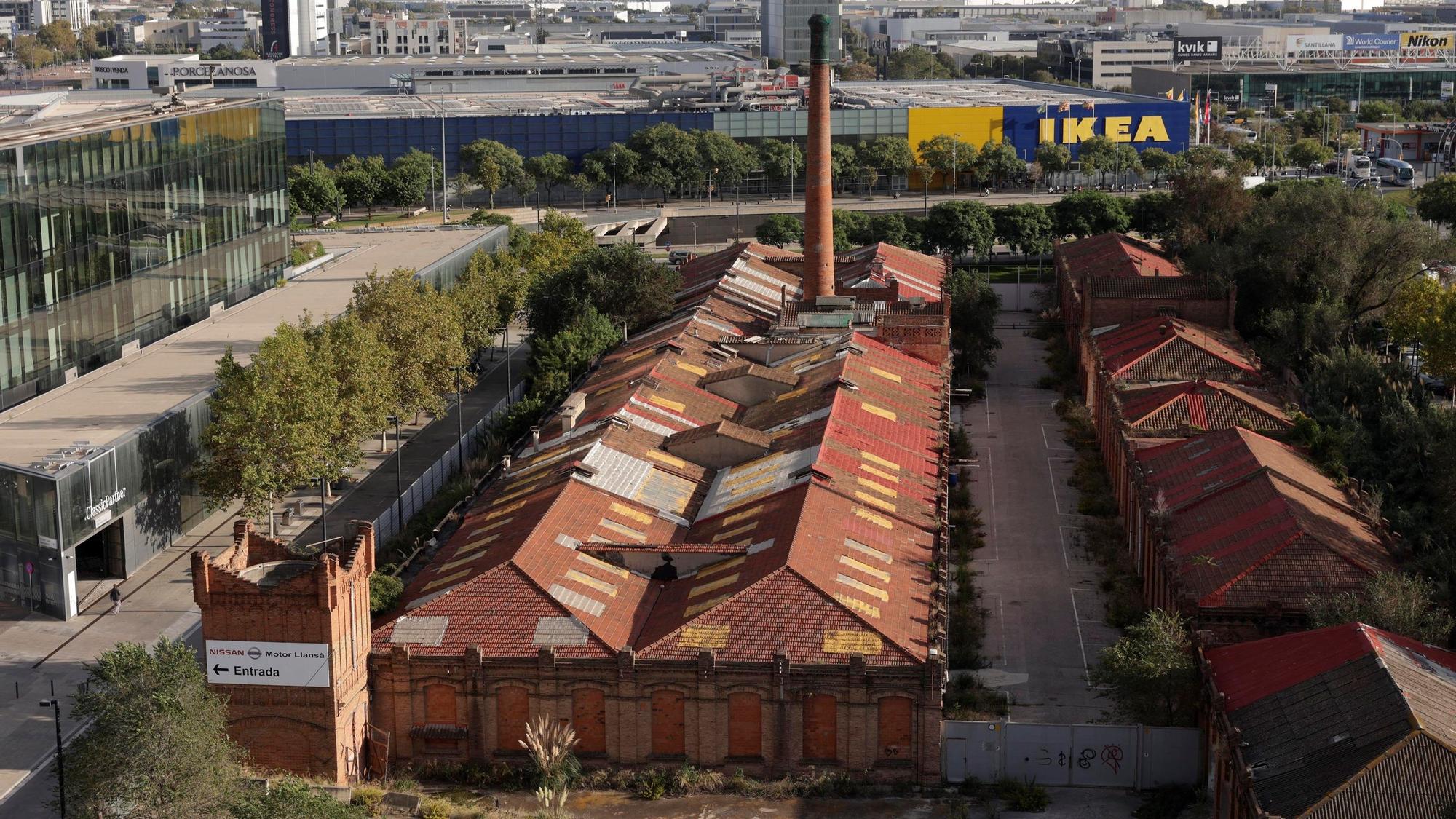Posted in: 10/14/2022 – 13:55
Lebanon and Israel have reached an agreement to delimit their maritime borders, after two years of US mediation. The two countries have called this agreement “historic”, because it would allow the two countries to explore for gas and oil in the disputed area of their territorial waters. What information is available on this agreement, the final version of which was formulated by the Ombudsman American, Amos Hochstein? What are his dispositions and the most important concerns surrounding him?
passed Lebanon and Israel Their previous differences and the wavering indirect negotiations that began in 2020, have finally signed a historic agreement that delineates their maritime borders, after the mediation led by the United States of America.
What are the terms of the agreement?
In the year 2020, indirect negotiations between Lebanon and Israel began and they were not easy at all. Stumbled several times before developments in the file accelerated in early June. After meetings and shuttle contacts between the two sides, presented the American mediator Amos Hookstein Earlier in the week he presented his latest presentation to the two parties, who respectively announced their agreement.
According to the agreement, a copy of which has been viewed by the Agence France-Presse, the two parties should undertake that “this agreement (…) establishes a permanent and equitable solution to the maritime dispute between them”.
The agreement will enter into force when the United States sends “a notification containing the confirmation of each party’s agreement to the provisions of the agreement”.
Each party should also submit to the United Nations a letter containing a list of geographic coordinates relating to the demarcation of the sea line, replacing those sent by the two countries in 2011. As a result, neither of them has the right in the future to send any memorandum, not agreed by the two parties, which includes maps or coordinates contrary to the agreement.
Under the new agreement, the Karish camp will be completely on the Israeli side, while the agreement will guarantee Lebanon the entire Qana camp, which goes beyond the dividing line that separates the two sides.
For its part, Block no. 9, where the Qana field is located, will constitute an important exploration area of the French Total and of the Italian Eni, which in 2018 obtained contracts for the exploration of oil and gas with a Russian company, before the latter retired this year.
Israel will receive “compensation from the operator of Block 9”, since part of the Qana field is located outside Lebanese territorial waters, with reference to the companies Total and Eni, “in exchange for the rights due to it from any potential reservoir stock. “.
While some in Israel oppose the agreement, including the “Kohulit” Policy Forum, which filed a complaint before the judiciary, calling for a referendum on it.
What are the main concerns?
Israel’s share will be determined through separate talks with the Qana camp operator.
Under the agreement, “Israel and the Block 9 operator will conclude a financial agreement before the Block 9 operator (makes) the final investment decision.”
Israeli Prime Minister Yair Lapid said on Wednesday that “Israel will receive about 17% of the revenues from the Qana camp when it enters the production phase.”
According to the text of the agreement, Israel must “work in good faith” with the operator of Block 9 to ensure that the agreement is terminated “in a timely manner”.
Israel does not have the right to oppose any activity or to take measures which, according to the text of the agreement, “would delay the implementation of activities” in the potential field.
Despite this, energy expert Suhail Shatila believes the financial deal Israel and the operating company will conclude is a “dangerous” precondition.
Shatila told AFP: “Israel has the right to stop any development in Qana by asking him to finish the drafting of the financial agreement with Total first.” He added: “This means that if they don’t want Lebanon to extract gas, they have a window in the border agreement” to achieve this.
According to financial expert Mike Azar, this deal did not solve the major economic problems associated with sharing profits from potential assets, but postponed the decision on them to a later date.
In his statement to the French news agency, he added: “Lebanon’s ability to explore and develop the prospects of the Qana camp ultimately depends on Israeli approvals and the future financial agreement between Total and Israel.”
As a result, the deal, according to Azar, “is more profitable for Israel in the short term, as it can start producing gas from the Karish field in the short term, with no problems on the Lebanese side.”
What is the likely scenario?
In a seismic survey conducted by the British company Spectrum for a limited offshore area in 2012, recoverable gas reserves in Lebanon were estimated at 25.4 trillion cubic feet.
The Lebanese authorities had also announced higher estimates, but so far there is no evidence of resources in the Qana camp.
For information, the agreement gives the green light to the French Total and the Italian Eni to start exploration.
According to the non-governmental Lebanese Oil and Gas Initiative, the “best-case scenario” is the discovery of an amount of 16 trillion cubic feet.
For her part, Diana Qaisi, a member of the initiative’s advisory group, explained that Lebanon’s profits in this case “could reach six billion dollars, spread over 15 years”.
Despite the profits Lebanon could make, they cover only a small fraction of the accumulated debt, as it remains mired in an economic collapse that the World Bank has ranked among the worst in the world since 1850.
France 24 / AFP


